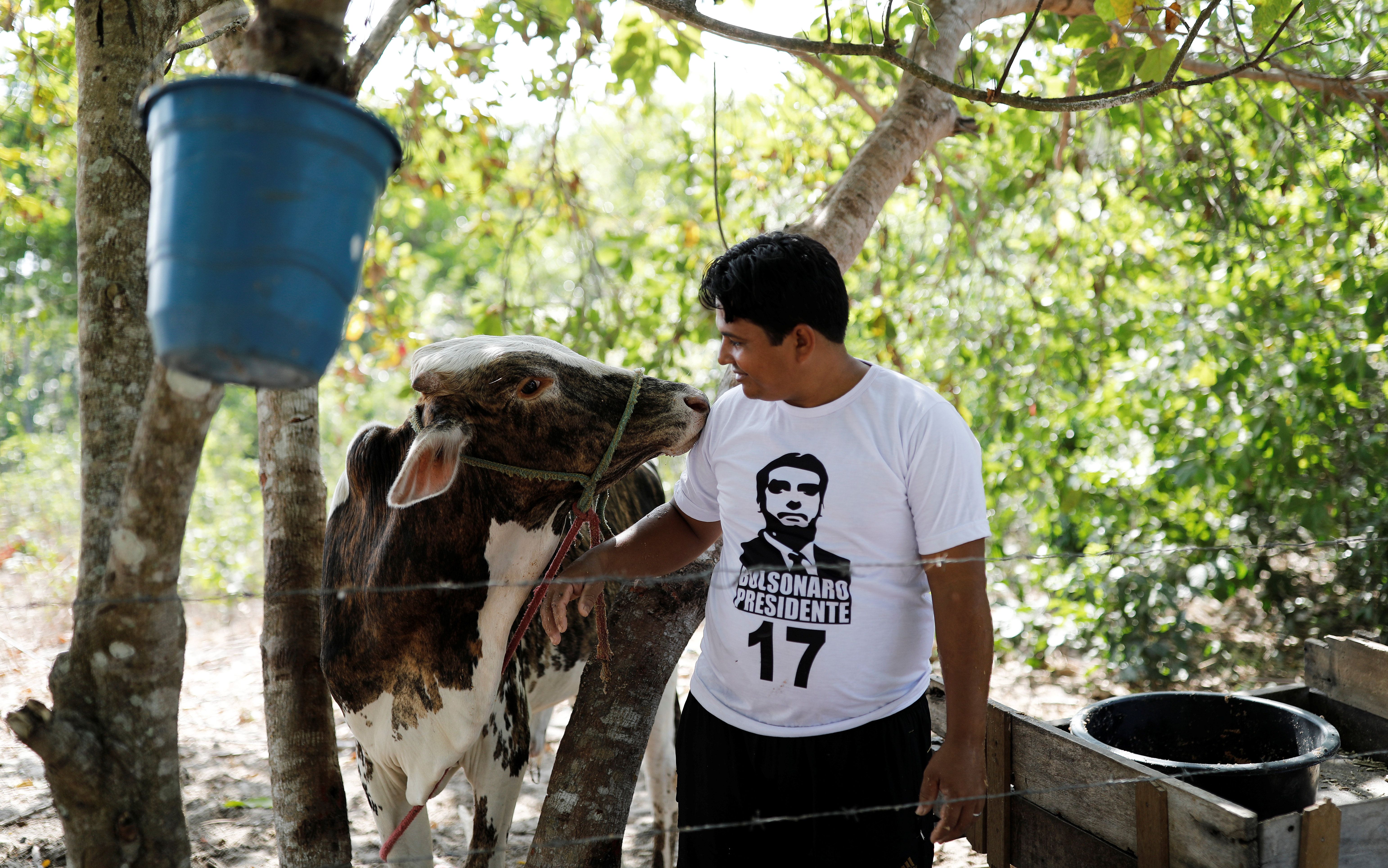November 13, 2018
This Tuesday, it’s a meat and seafood lovers’ delight – we’ve found two stories that tell us about the state of global politics from the perspective of what’s on your plate.
First, to the northeastern American state of Maine, where Bloomberg’s Shawn Donnan delivers an extraordinary portrait of how the high politics of US-China trade tensions have hit the rough and tumble lobstermen of New England. In recent years, a burgeoning Chinese middle class has developed a taste for imported lobster, fueling a boom in Maine, the largest exporter of lobster in the US.
But amid this summer’s tit-for-tat tariff escalation between Washington and Beijing, China threw a 25 percent levy on live lobsters, imperiling a hundred-million-dollar annual export market. Now Maine lobstermen are scrambling to find new customers in Asia while also clashing with their Canadian rivals, who have better access not only to China, but also to Europe because of a recent EU-Canada trade pact. The story is a lesson in how pulling even the smallest strings in the tapestry of global trade can have far-reaching, and very local, effects. Consider the lobster!
The next course comes from Brazil, where right-wing president-elect Jair Bolsonaro has hit a snag in his plan to assert a more nationalistic foreign policy patterned after Trump’s America First model. Last week, the fiercely pro-Israel Bolsonaro pledged to relocate Brazil’s embassy in Israel from Tel Aviv to Jerusalem, as the US did earlier this year. Egypt, which has firm ties with Israel but still responds to popular support for the Palestinians, abruptly cancelled a scheduled visit from Brazilian diplomats and businesspeople. What’s more, the move provoked an outcry from Brazil’s powerful meat export industry.
What’s the beef? Brazil, as it happens, is the world’s leading exporter of halal meat that complies with Muslim dietary restrictions, and the Arab world is a critical market for the Brazil’s cattle industry. Egypt alone accounts for some $2 billion in the Brazilian trade, nearly half of Brazil’s total meat exports to the region, and competition from other exporters is stiff. Bolsonaro has now said that the decision is under review.
The lesson: It’s one thing to call for “[my country] first” when you are a global superpower like the US. It’s trickier when you are a second-tier power with fewer levers of influence. Nationalists take note: if the world becomes dog eat dog, there could well be a dog bigger than you.
More For You
Security in a fragmented world: Cyber deterrence, NATO reform & the future of trusted tech
Feb 14, 2026
- YouTube
In a new Global Stage livestream from the 2026 Munich Security Conference, New York Times White House and national security correspondent David Sanger moderates a conversation with Ian Bremmer (President & Founder, Eurasia Group and GZERO Media), Brad Smith (Vice Chair & President, Microsoft), Benedetta Berti (Secretary General, NATO Parliamentary Assembly), and Wolfgang Dierker (Global Head of Government Affairs, SAP) on how technology and defense are colliding in real time.
Most Popular
- YouTube
Ian Bremmer breaks down how Trump’s second term is reshaping American power — and what it means for the global order.
© 2025 GZERO Media. All Rights Reserved | A Eurasia Group media company.
